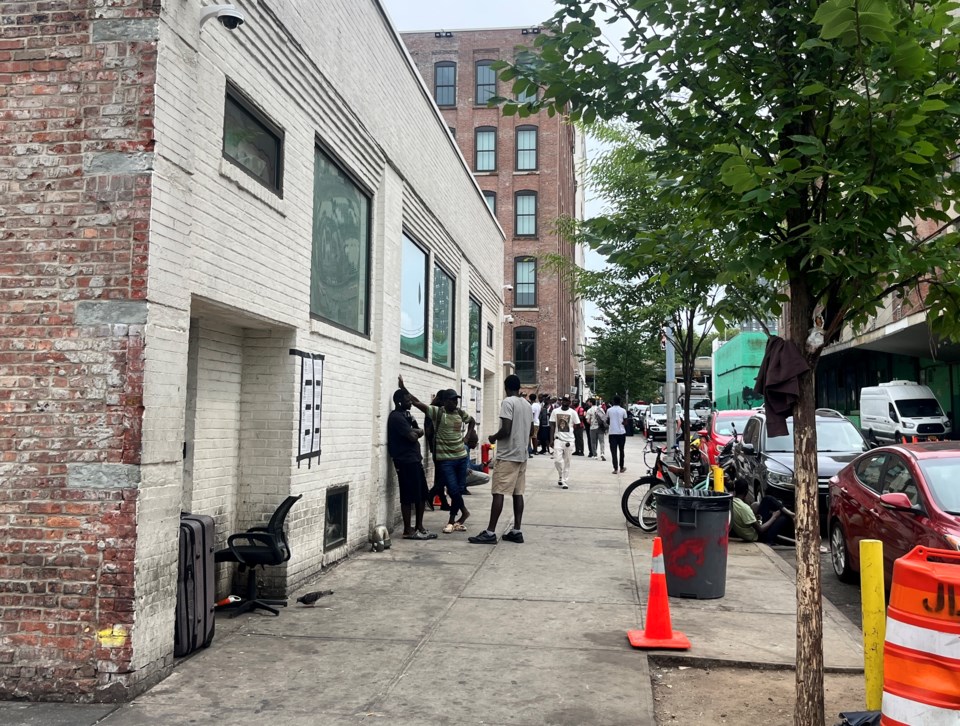The New York Immigration Coalition issued a "know your rights" information template for immigrants in New York City, ahead of president-elect Donald Trump's plan of mass deportation.
The legal resource of information includes federal and state laws regarding arrests by federal immigration authorities and available protections, which will help prevent unlawful victimization of residents, regardless of their immigration status, according to a press release.
Immigrant families and individuals in New York can legally access public services.
- All New Yorkers have the right to access all city services in their language.
- All New Yorkers have the right to safely access health services.
- Every child has the right to free public education and to programs to help them learn English
Immigration and Customs Enforcement (ICE) can approach any New Yorker.
- Historically, ICE has focused deportation efforts on people without lawful immigration status and people with lawful status with certain criminal histories. A person can be classified as undocumented if they have (1) overstayed their visa, (2) violated the terms of their visa, or (3) crossed the U.S. border without inspection or with false documents.
- Regardless of your immigration status, officials with the incoming Trump administration have suggested that both undocumented immigrants and immigrants with legal status, including Temporary Protected Status, may be subject to deportation attempts.
All New Yorkers can assert their rights if approached by immigration agents, including ICE or Border Patrol.
- You have the right to remain silent, and you can assert it by saying, “I plead the Fifth Amendment and have the right to remain silent," “I have the right to remain silent,” or “I don’t want to answer your questions.”
- You have the right to record ICE agents with your phone or a camera. If you see ICE interacting with someone, and if you can do it safely, you can legally record the interaction. Take note of the location, time, and what the ICE agents said and did.
- You have the right to ask agents for identification and a copy of a warrant. Be sure to check that the warrant is signed by a state or federal judge. Otherwise, the warrant may be an administrative warrant. A warrant not signed by a judge is not a valid warrant for an agent to demand entry of (or search) a private area such as a home, vehicle, or employee-only area in a workplace. If it is signed by or includes a header that says "Department of Homeland Security" (DHS), it is not a judge's warrant.
New Yorkers do not have a right to legal representation in the immigration court system.
- Unlike in criminal court, individuals in immigration court do not have a right to a government-paid attorney. Those who cannot afford to hire a private attorney must represent themselves or find a nonprofit able to help. (Click here to learn more about the Access to Representation Act, which would enact a right to counsel for immigrants.)
- When searching for legal representation, you have the right to ask for proof of a lawyer’s credentials. Your representative should have Department of Justice (DOJ) accreditation. In the United States, a “notario” is not a lawyer — avoid immigration help from travel agents, tax preparers, forms preparers or notaries.
Immigrant New Yorkers can access comprehensive “Know Your Rights” guides in multiple languages, including Spanish, Arabic, Bengali, and Swahili, at nyic.org/kyr.




